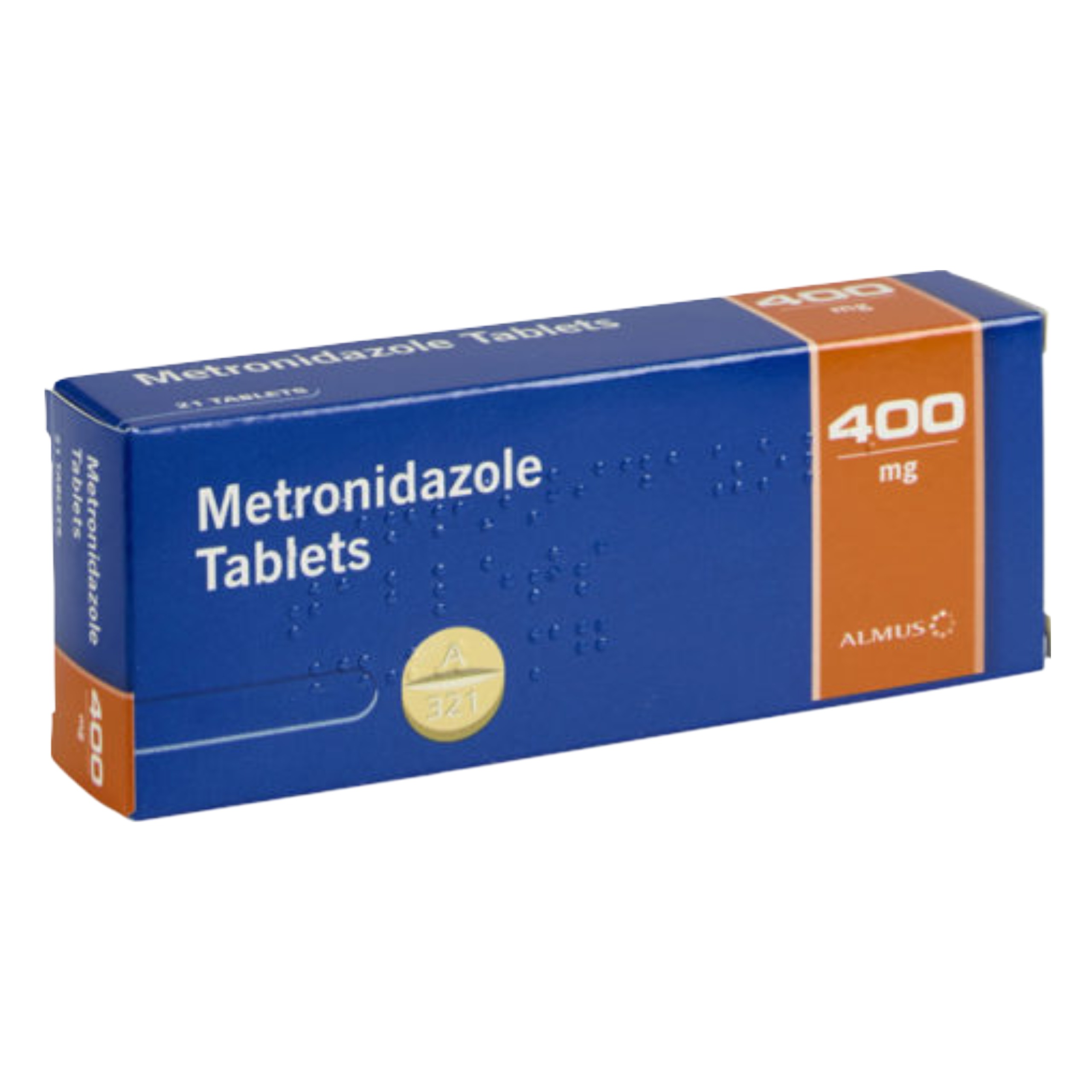Metronidazole: Health Benefits & Risks
What are the health benefits of Metronidazole?
Metronidazole is an antibiotic medication that is used to treat bacterial and parasitic infections. It works by stopping the growth of bacteria and parasites. Some of the health benefits of metronidazole include:
- Treatment of bacterial infections: Metronidazole is effective in treating bacterial infections, such as bacterial vaginosis, pelvic inflammatory disease (PID), and certain types of skin infections.
- Treatment of parasitic infections: Metronidazole is effective in treating parasitic infections, such as giardiasis, trichomoniasis, and amebiasis.
- Prevention of infections: Metronidazole can be used to prevent infections before surgery, especially in people who are at high risk of developing an infection.
- Treatment of certain inflammatory conditions: Metronidazole can be used to treat inflammatory conditions, such as rosacea, that are thought to be caused by bacteria.
- Treatment of certain gastrointestinal conditions: Metronidazole can be used to treat certain gastrointestinal conditions, such as Clostridium difficile colitis, that are caused by bacteria or parasites.
It’s important to note that while metronidazole can be effective for treating bacterial and parasitic infections, it may not be suitable for everyone. Metronidazole can cause side effects and may interact with other medications. It’s essential to consult with a healthcare provider before starting metronidazole or any other medication to determine if it is the right choice for you.
What are the health risks of Metronidazole?
Metronidazole, like all medications, can cause side effects and carry certain health risks. It’s important to be aware of these risks and discuss them with your healthcare provider before starting treatment. Some of the health risks associated with metronidazole include:
- Gastrointestinal effects: Metronidazole can cause gastrointestinal side effects, such as nausea, vomiting, diarrhea, and abdominal pain. These side effects are usually mild and go away on their own, but in some cases, they can be severe.
- Allergic reactions: Some people may experience allergic reactions to metronidazole, including rash, itching, swelling, or difficulty breathing. These reactions can be serious and require immediate medical attention.
- Neurological effects: Metronidazole can cause neurological side effects, such as dizziness, headache, and confusion. In rare cases, it can cause seizures or peripheral neuropathy (nerve damage).
- Disulfiram-like reaction: Metronidazole can cause a disulfiram-like reaction when taken with alcohol, leading to symptoms such as flushing, headache, nausea, vomiting, and palpitations.
- Metallic taste: Metronidazole can cause a metallic taste in the mouth, which can be bothersome for some people.
- Blood disorders: Metronidazole can affect blood cells, leading to disorders such as anemia (low red blood cell count), leukopenia (low white blood cell count), and thrombocytopenia (low platelet count).
- Liver damage: Metronidazole can cause liver damage, although this is rare. Symptoms of liver damage include jaundice (yellowing of the skin or eyes), abdominal pain, and dark urine.
- Interaction with other medications: Metronidazole can interact with other medications, especially certain blood thinners and seizure medications. It’s important to inform your healthcare provider about all medications you are taking before starting metronidazole.
It’s important to discuss any concerns or questions about metronidazole with your healthcare provider before starting treatment. Your healthcare provider can help determine if metronidazole is the right choice for you and can monitor you for any potential side effects or health risks.
TL;DR: Metronidazole Summary
Metronidazole is a prescription antibiotic medication that is used to treat a variety of bacterial and parasitic infections. It is commonly prescribed to treat infections in the gastrointestinal tract, reproductive organs, skin, and other areas of the body. Metronidazole works by stopping the growth of bacteria and parasites, thus helping to control and eliminate infections.
Metronidazole is effective against a wide range of bacteria and parasites, including certain types of anaerobic bacteria and protozoa. In addition to treating infections, Metronidazole may also be used to prevent infections in certain surgical procedures or to treat certain types of acne.
Metronidazole is available in various forms, including tablets, capsules, creams, gels, and intravenous solutions. The dosage and duration of treatment with Metronidazole will vary depending on the individual’s condition, the type of infection, and the severity of symptoms.
Common side effects of Metronidazole may include nausea, vomiting, diarrhea, stomach pain, and a metallic taste in the mouth. More severe side effects may include allergic reactions, nerve damage, or changes in blood cell counts. It is important to seek medical attention if you experience any severe or persistent side effects while taking Metronidazole.
Metronidazole can interact with other medications and substances, so it is important to inform your healthcare provider about any existing medical conditions or medications you are taking before starting treatment with Metronidazole.
It is important to take Metronidazole exactly as prescribed and to complete the full course of treatment, even if symptoms improve before the medication is finished. Do not stop taking Metronidazole abruptly, as this can lead to the return of the infection. Talk to your healthcare provider if you have any concerns about taking Metronidazole or if you experience negative side effects.
If you have any questions or concerns about taking Metronidazole, be sure to discuss them with your healthcare provider. It is important to seek medical advice if you have any concerns about your infection or experience any negative side effects while taking Metronidazole.




